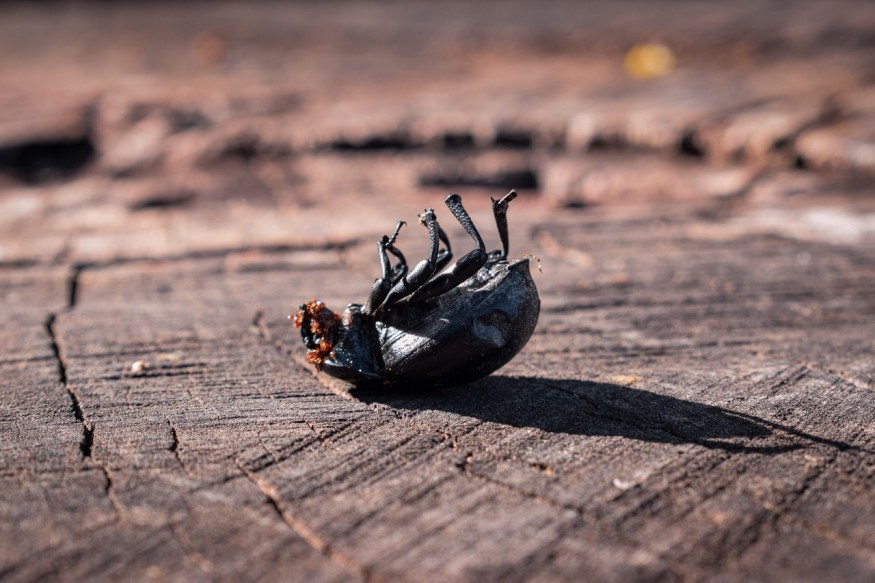Most people think that the world will be in much peace and continuous relief if most insects they do not like do not exist. However, removing just one species from the entire biodiversity of insects could bring basic to larger severities in the cycle of our natural environment.
For example, the absence of pollinators like bees would be challenging for most plants in agriculture to continue their fertilization process and pass on their strains to other places.
While these types of problems could affect nature, there are insects that are notorious for being harmful and even seem useless, such as the mosquitoes swarming during summer, or the maggots and flies eating on carcasses and other dirty substances.
The Insect Crisis

Taking out all of the insects is a different matter. The world, as we know it, would change dramatically if these creatures are absent from the planet. For people to have a glimpse of an insect-free future, journalist and artist Oliver Milman presented some insights in their book called 'The Insect Crisis.'
Milman explained that the loss of millions of insects would trigger catastrophic events induced by both nature and humans. War will brew among groups and climate breakdown will be witnessed as the insects were removed from the world's balanced population, the author added.
Milman said that the issue about the great loss of insects today, as well as an impending insect apocalypse,' is not emphasized to our knowledge as nearly as other global issues such as climate change.
Previous studies have shown a dark, unknown problem regarding the population of insects. According to a report by Science News, data collected from Puerto Rico alone for over four decades reveal that the region's insect biomass decreased significantly.
Since the 1970s, the population of insects living on the ground declined by 98 percent, while the canopy-living species declined by 80 percent.
Problems Cutting Insect Population
There are many threats that could impact the existence of insects. These problems scale between excessive utilization of pesticides in farmlands, abnormal light pollution, and climate change. Milman believes that the world would be impossible to continue living without the help of insects.
On the other hand, there are few species that are somewhat unaffected by the effects. In a study, titled "Meta-analysis reveals declines in terrestrial but increases in freshwater insect abundances," it was observed that freshwater groups are not influenced by the rising problems against the majority of insects.
The changes, whether it results in positive or negative outcomes, will bring an imbalance to the natural state of our environment, as well as the human resource and activities associated with these aspects.
Many crops and shrubs would be affected, especially those that rely on pollinators. The soybeans, for example, would be harder to grow or even attacked frequently by invasive pests if farmers continue to fend off the natural pollinators of the strain.
Other animals such as insect-eating avians could also disappear due to their disrupted diets and lack of insect resources.
RELATED ARTICLE : Pangolins Rescued from Trafficking in South Africa Now at Recovery
Check out more news and information on Endangered Animals in Science Times.










